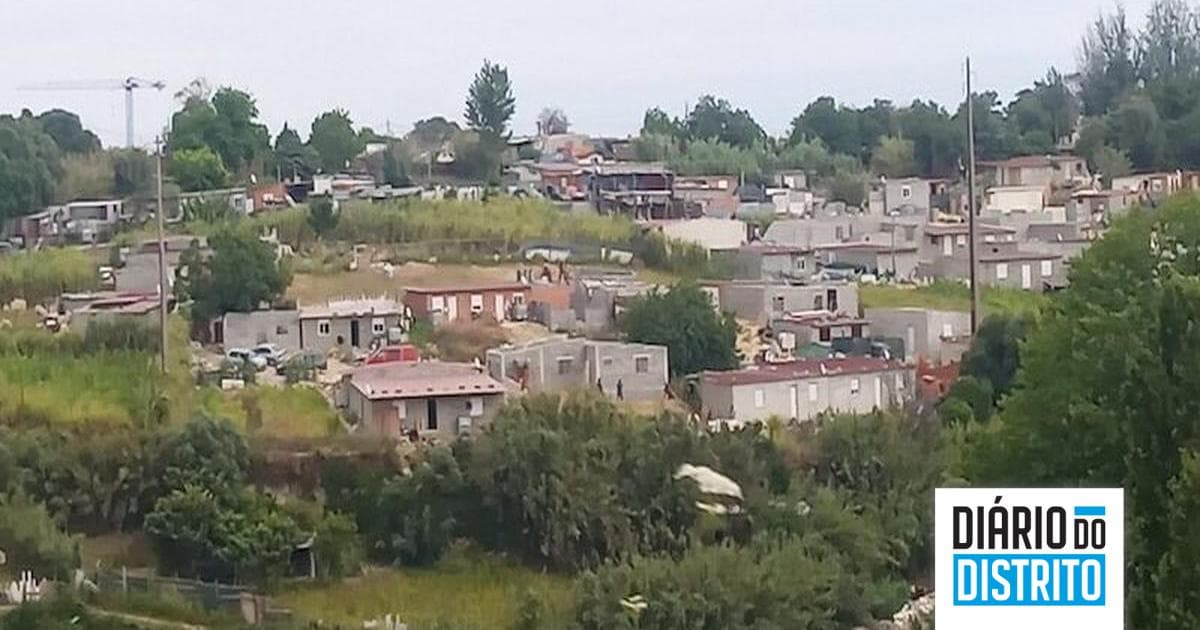Cais do Ginjal Waterfront Reopens to Public Ahead of Major Urban Development Project
The Cais do Ginjal, a well-known waterfront area in Cacilhas, Almada, has been reopened to the public following a closure that lasted several months. The area had been interdicted due to safety risks posed by the degraded condition of the walkway and adjacent buildings deemed at risk of collapse.
This riverside path, prized for its direct views of Lisbon across the Tagus River, is now accessible via newly installed wooden footbridges and has been secured to ensure public safety. The reopening comes after an official 'alert situation' was declared in April, which prohibited pedestrian access between the Cacilhas ferry terminal and the restaurant area at Olho de Boi.
The AFA Group, which owns the properties that posed a risk, has initiated demolition and structural stabilization work, which enabled the reopening of the pedestrian passage. At a ceremony marking the event, Almada Mayor Inês de Medeiros stated, 'Today we are returning this percurso to the people, not only of Almada but also to many from Lisbon who have never seen Lisbon from this perspective.'
Need Expert Guidance?
Get personalized insights from verified real estate professionals, lawyers, architects, and more.
The mayor noted that temporary structures were put in place to guarantee safe transit, especially in critical sections under the jurisdiction of the Port of Lisbon Administration. In April, approximately 50 individuals residing in the vacant buildings were relocated and received support from municipal social services.
The area has also been fitted with new public lighting, and an outdoor exhibition detailing the history of Cais do Ginjal has been installed. Despite this partial reopening, a larger project remains pending. The full implementation of the 'Plano de Pormenor do Cais do Ginjal' (Detailed Plan for Cais do Ginjal), which was approved in 2020, is currently held up by a legal issue.
This broader plan involves an estimated investment of 300 million euros for the urban renewal of a 90,000-square-meter area. The project specifications include the construction of 300 residential units, a 160-room hotel, commercial and service spaces, and 500 parking spaces. Progress on this large-scale development is contingent on resolving a legal dispute with the Portuguese Environment Agency (APA) concerning the classification of the public water domain. Explore new property opportunities in Lisbon at realestate-lisbon.com.





